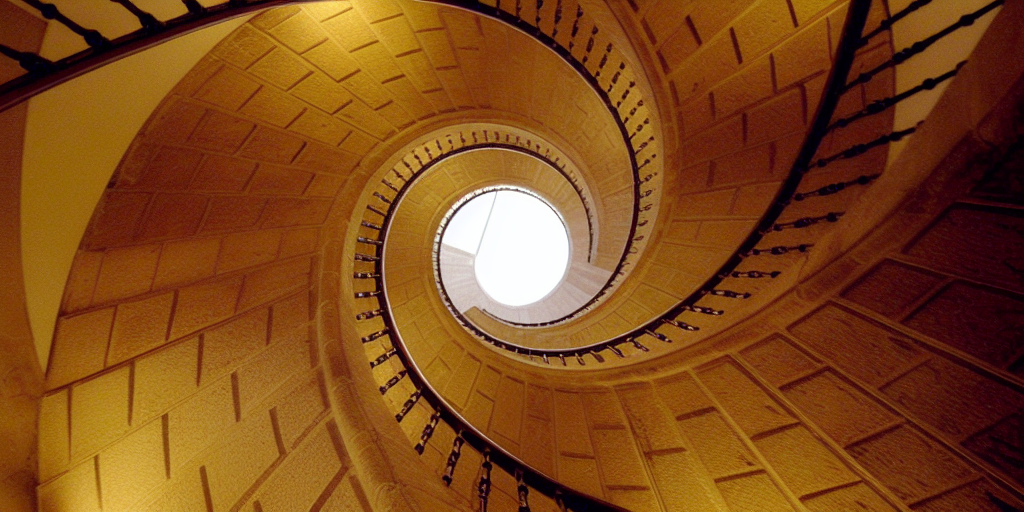Speaker
Description
Superconducting quantum interference devices (SQUIDs) combine the physical phenomena of flux
quantization and Josephson tunneling, resulting in a device that is extremely sensitive to magnetic field
fluctuations. Due to their quantum behavior, SQUIDs are fundamental elements in the development of new
quantum technologies in the field of sensing and computing.
They have the ability to perform broad frequency bandwidth ultrasensitive magnetic flux measurements at
low temperatures. Therefore, they are commonly found in instruments such as amplifiers, magnetometers or
gradiometers used in quantum sensing applications 1. They area also suitable as tunable couplers,
controlling the coupling between several elements, such as qubit-qubit interactions or qubit-quantum bus
interactions thanks to their variable inductance characteristic [2].
To achieve high reproducible devices, a tight control over the fabrication process of the Josephson Junctions
(JJ) -as the main constituents of SQUIDs- is required. To that end, we propose the fabrication of Nb-based
nanobridge Josephson Junctions. The target area is protected by a Pt layer grown by focused-electron-beam-
induced-deposition (FEBID) and Focused Ion Beam (FIB). Higher control is achieved in the fabrication
process attaining a better reproducibility rate.
References
1 J. Clarke, A. I. Braginski (Eds.), The SQUID handbook, Vol. I Fundamentals and Technology of SQUIDs
and SQUID Systems, 17-21 (2004).
[2] M.S. Allman, F. Altomare, J.D. Whittaker, K. Cicak, D. Li, A. Sirois, J. Strong, J.D. Teufel, and R.W.
Simmonds, Physical review letters, PRL 104, 177004, (2010).
